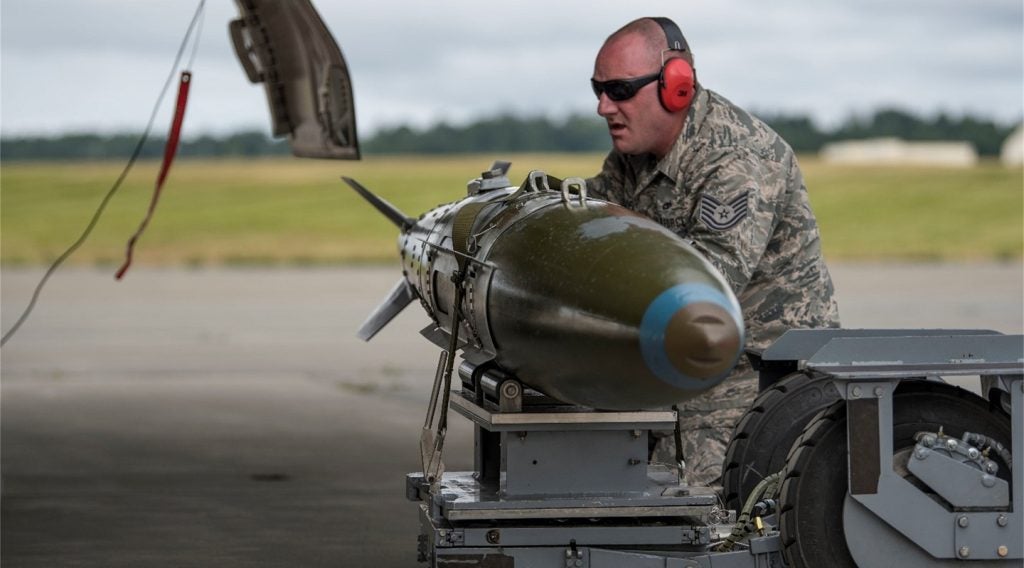
The Delta IV rocket of the United Launch Alliance (ULA) has successfully launched three satellites for the US Air Force (USAF) under the Evolved Expendable Launch Vehicle programme.
Two Geosynchronous Space Situational Awareness Program (GSSAP) and one Automated Navigation and Guidance Experiment for Local Space (Angels) satellites were launched on Monday, after four attempts in the previous week did not materialise due to poor weather conditions.
The EELV programme intends to provide the USAF access to space to safeguard the country from external threats at high orbits.
The two GSSAP satellites will safeguard the US’ other spacecraft in the orbit by supporting the Strategic Command space surveillance operations. They will also collect space situational awareness data for accurate tracking of ‘man-made orbiting objects’.
Angels is an experimental satellite developed by the Air Force Research Laboratory to protect the environment surrounding the country’s space assets.
ULA Atlas and Delta Programs vice-president Jim Sponnick said: "This launch marks the first EELV secondary payload adapter (ESPA) to launch on a Delta rocket.
How well do you really know your competitors?
Access the most comprehensive Company Profiles on the market, powered by GlobalData. Save hours of research. Gain competitive edge.

Thank you!
Your download email will arrive shortly
Not ready to buy yet? Download a free sample
We are confident about the unique quality of our Company Profiles. However, we want you to make the most beneficial decision for your business, so we offer a free sample that you can download by submitting the below form
By GlobalData"This mission represents an excellent utilisation of rideshare capabilities that has enabled a low-cost way for the AFRL Angels team to flight demonstrate future spacecraft technologies."
The satellites were launched from Space Launch Complex-37 at Cape Canaveral Air Force Station, Florida.
ULA will launch the Atlas V GPS IIF-7 mission for the air force on 1 August.
According to the company’s website, the GPS IIF-7 is ‘one of the next-generation GPS satellites, incorporating various improvements to provide greater accuracy, increased signals, and enhanced performance for users’.
A joint venture of Boeing and Lockheed Martin, ULA has so far launched eight satellites this year.
Image: The three satellites were launched from Space Launch Complex-37 at Cape Canaveral Air Force Station, Florida. Photo courtesy of United Launch Alliance.








